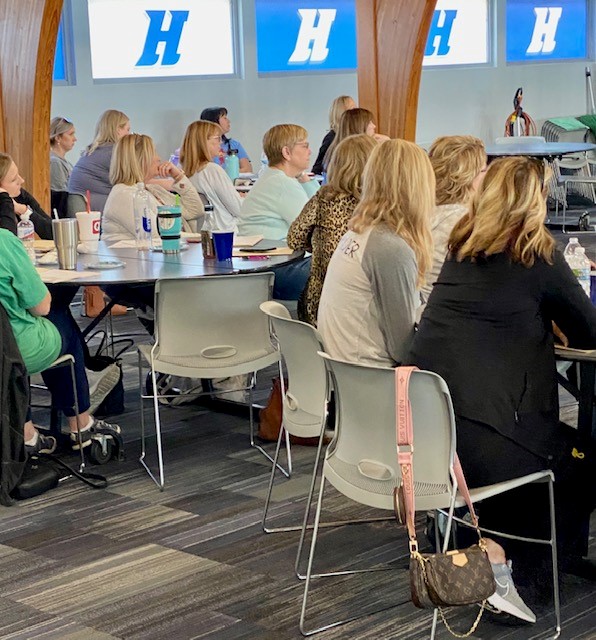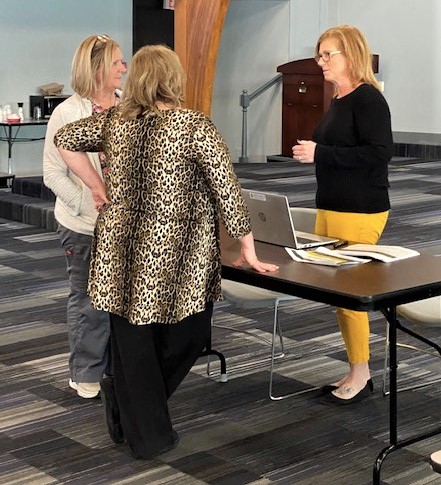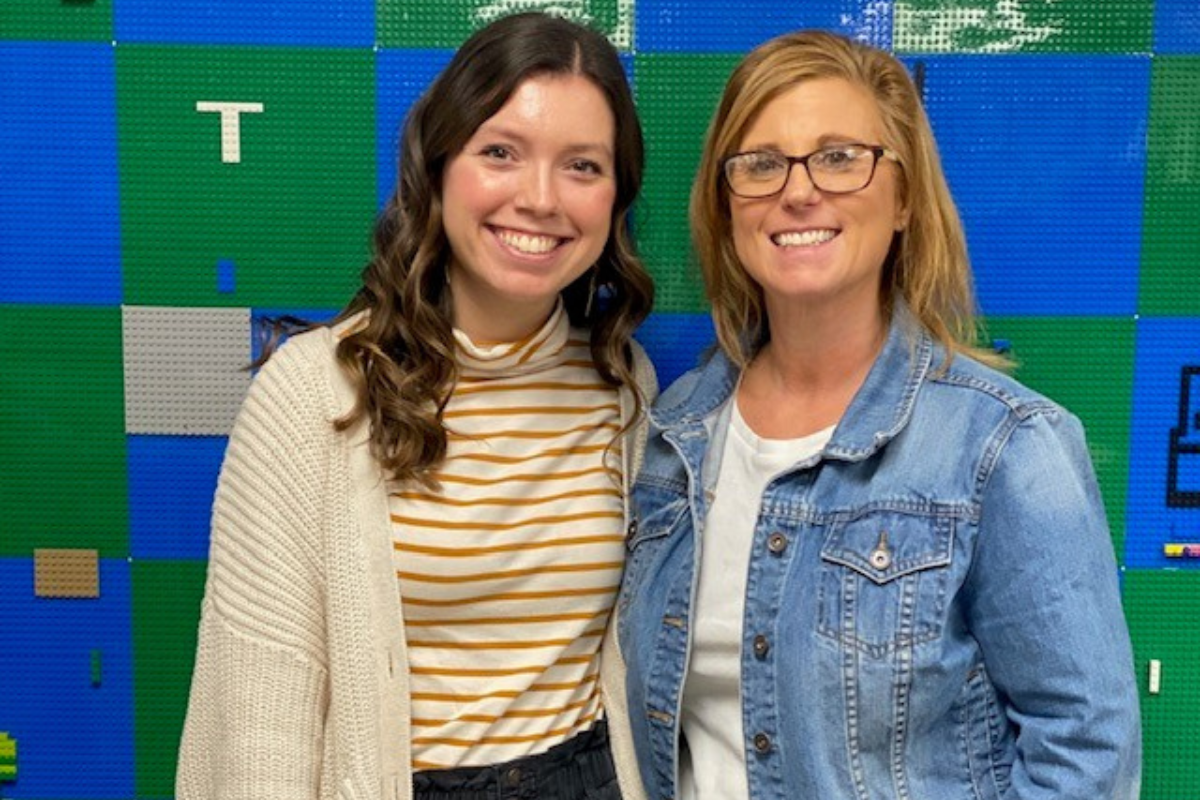TL1 predoctoral trainee and 3rd year medical student at the UMKC School of Medicine, Lauren Kazmaier, recognized that caring for children with type 1 diabetes in a school setting can be extremely challenging. While this is true for many reasons, a lack of formal education and training in diabetes treatment and management by many school nurses is a significant concern. Kazmaier explained, “Since school-aged children spend the majority of their day at school, it’s really important to optimize the diabetes care they receive in this setting in order to help prevent adverse outcomes.”
Under the guidance of TL1 mentor and associate program director, Ana Maria Arbelaez, MD, MSCI, Kazmaier is executing a clinical research study to address this education gap. Through her primary research project, “The Impact of School Nurse Diabetes Education on Clinical Outcomes in Children with Type 1 Diabetes,” Kazmaier is partnering with Michelle Bockstruck, a clinical nurse coordinator for Pediatric Diabetes Endocrinology at Washington University in St. Louis (and mother of a son with type 1 diabetes), to take diabetes education directly to school nurses in the St. Louis area.
Bockstruck knew this program was essential and immediately jumped aboard after speaking with Dr. Arbelaez in the clinic. Bockstruck explained, “The nurses in our division were getting so many calls from school nurses on a daily basis that we knew we needed to get the education out there in the community. There are so many misconceptions about diabetes management.”
Since October, Kazmaier and Bockstruck have already held 5 diabetes education sessions and have many additional sessions scheduled in the near term. Each education session begins and ends with the school nurses completing a diabetes knowledge assessment and self-efficacy survey to track knowledge and confidence related to diabetes. School nurse participants will also receive additional assessments and surveys at three- and six-months post-curriculum. In order to determine the impact of the program on clinical outcomes, Kazmaier will be monitoring HbA1c levels, emergency room visits/hospitalizations, and other diabetes-related outcomes amongst participating students.
One key takeaway from these sessions has been the realization that the schools and districts face unique challenges regarding diabetes care for their students. Fortunately, Kazmaier and Bockstruck have been able to modify their program to address the differing needs. No two sessions have been the same. In addition, meeting the school nurses on site has been instrumental in the warm reception and appreciation received.
In the end, Bockstruck says, “I hope our program continues to expand and the school nurse has a better understanding of type 1 and type 2 diabetes and the day-to-day life of the student and family with the disease. These kids need more understanding, compassion, and support from everyone in their lives.”
Realizing the importance of clinical research and community engagement in pediatric medicine, Kazmaier is confident that her year in the TL1 predoctoral program will be beneficial in reaching her goal of becoming a well-rounded pediatrician.
Kazmaier sums it all up nicely, “There is no doubt that this project has strengthened my passion for community engagement. I am so thankful for the opportunity to partner with these school nurses as we all work toward a common goal of supporting our patients with type 1 diabetes.” Kazmaier will return to the UMKC School of Medicine in the fall of 2023 to finish her last year of medical school and apply for a residency in pediatrics.



